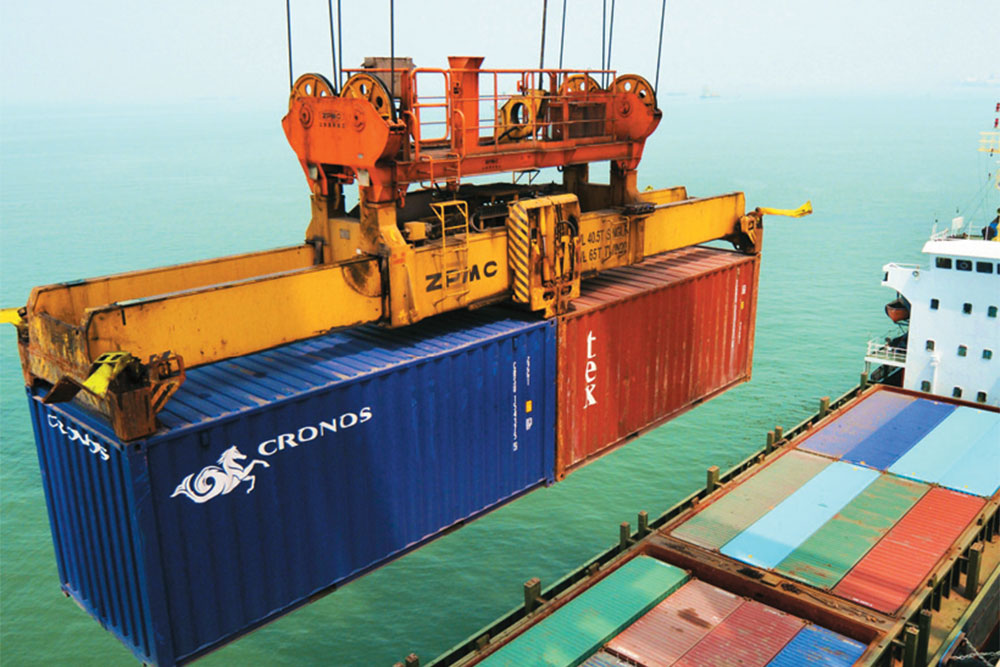One of the puzzles in international macroeconomics is why large movements in exchange rates have small effects on prices of internationally-traded goods. A study by Mary Amiti, Oleg Itskhoki and Jozef Konings proves how large exporters are simultaneously large importers, which is the key to understanding low exchange rate pass-through. Their findings show that among the largest exporters, import-intensive firms account for a major share of international trade. Compared with firms with no imported inputs, which have a nearly complete pass-through, an export-oriented firm with 95% of market share and high import intensity has a pass-through of only 56% into its export prices, as it faces offsetting exchange rate effects on its marginal costs. Consequently, by setting high markups, import-intensive firms limit the effect of exchange rate shocks on export prices.
Title: Importers, Exporters, and Exchange Rate Disconnect
Source: National Bureau of Economic Research









